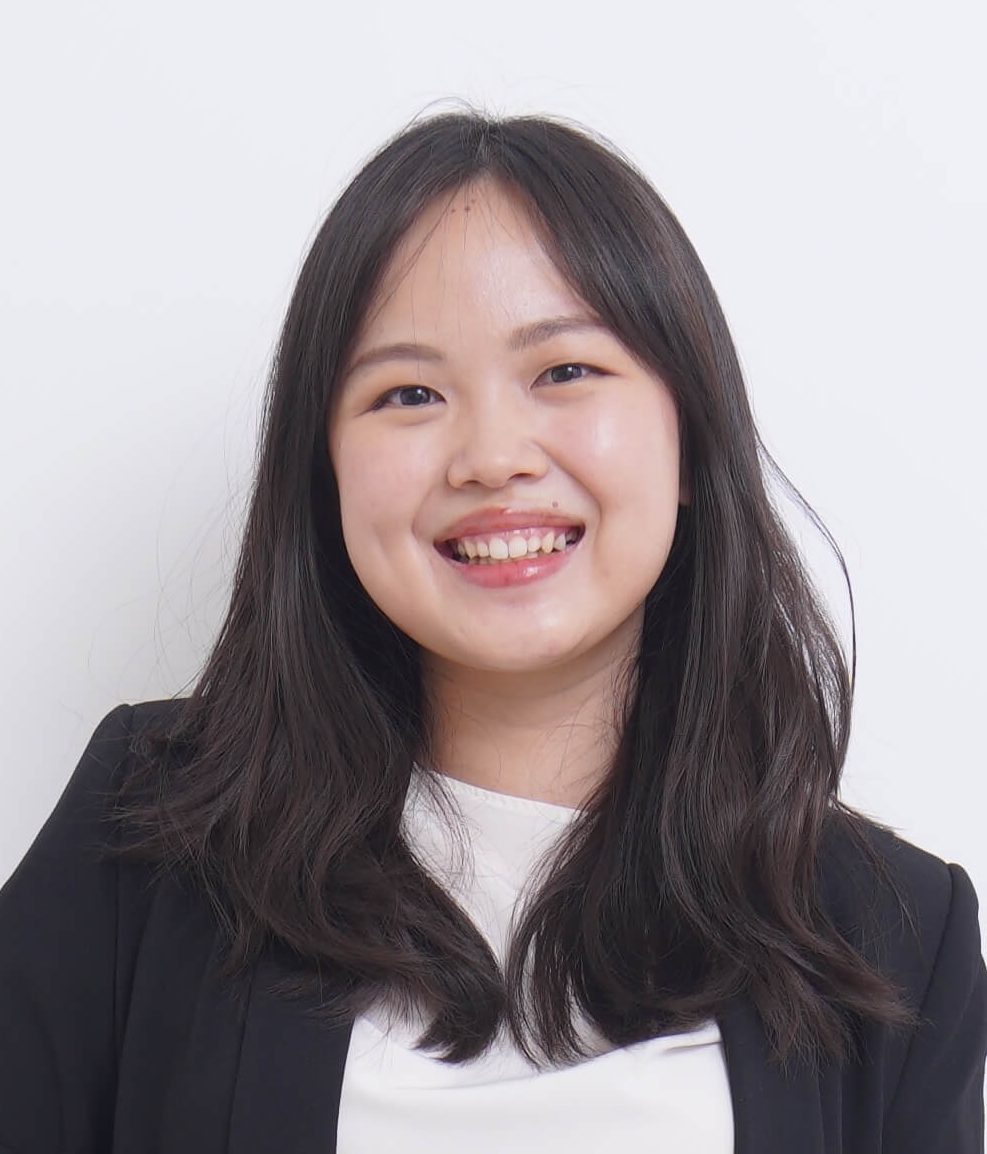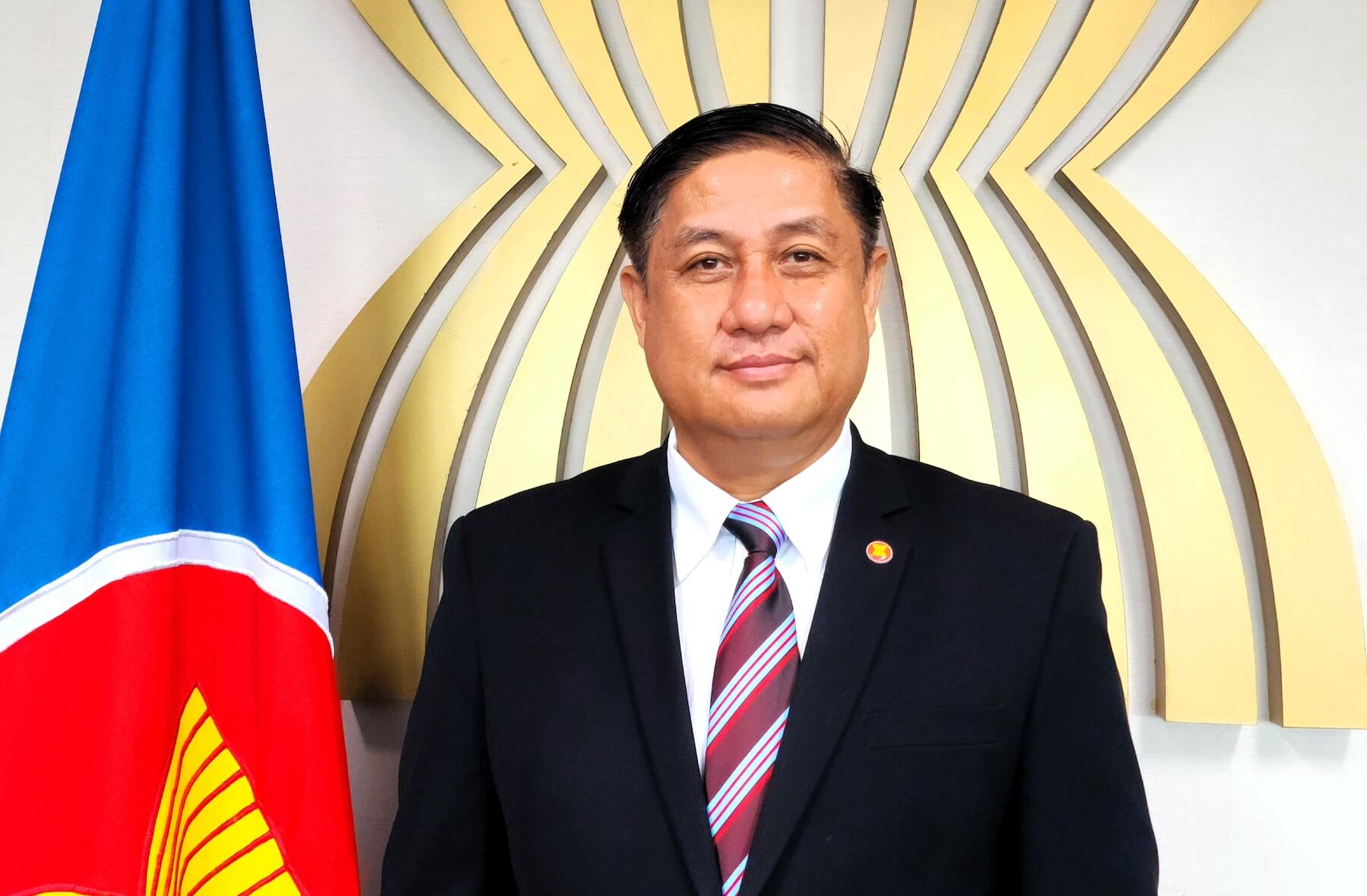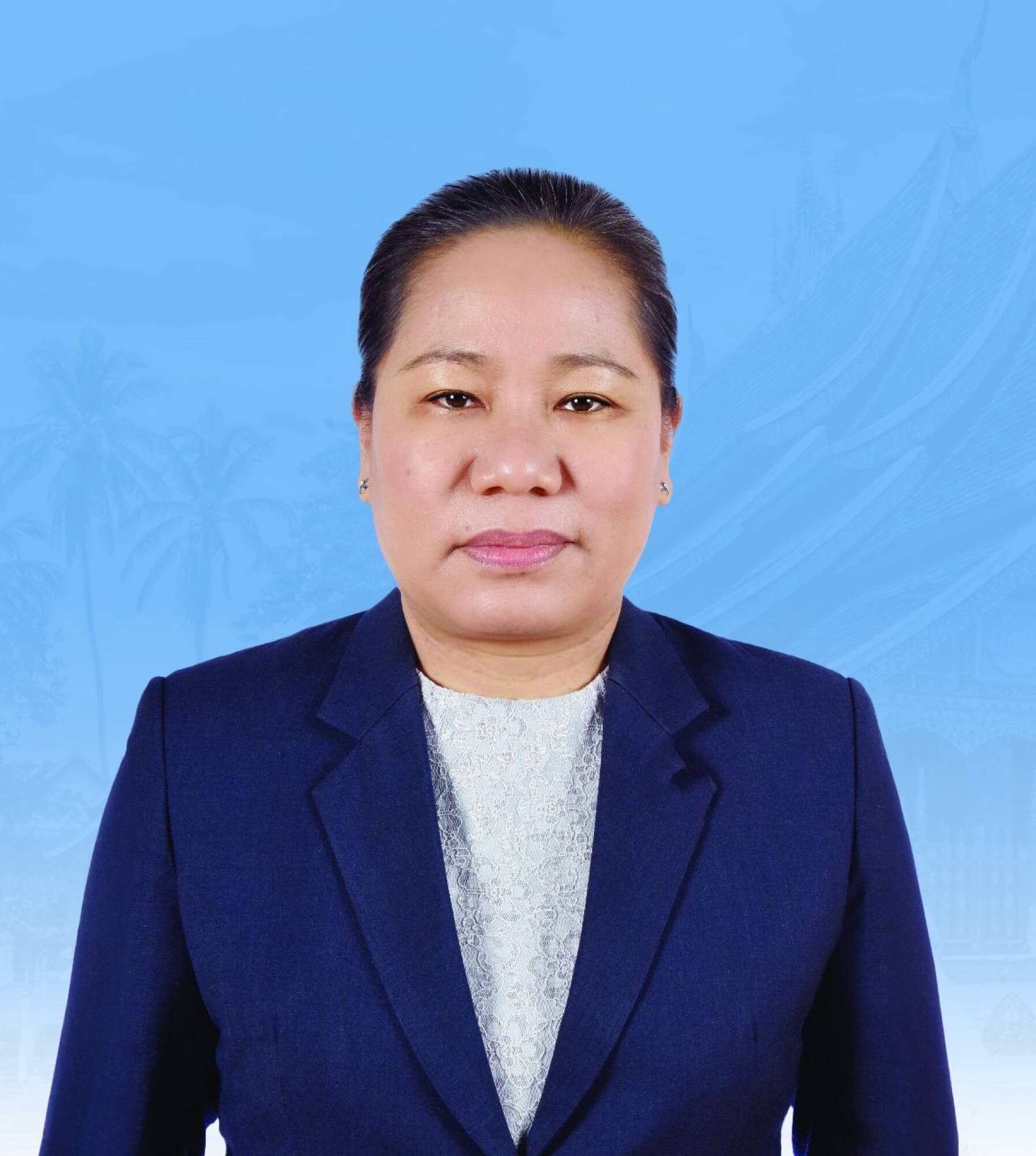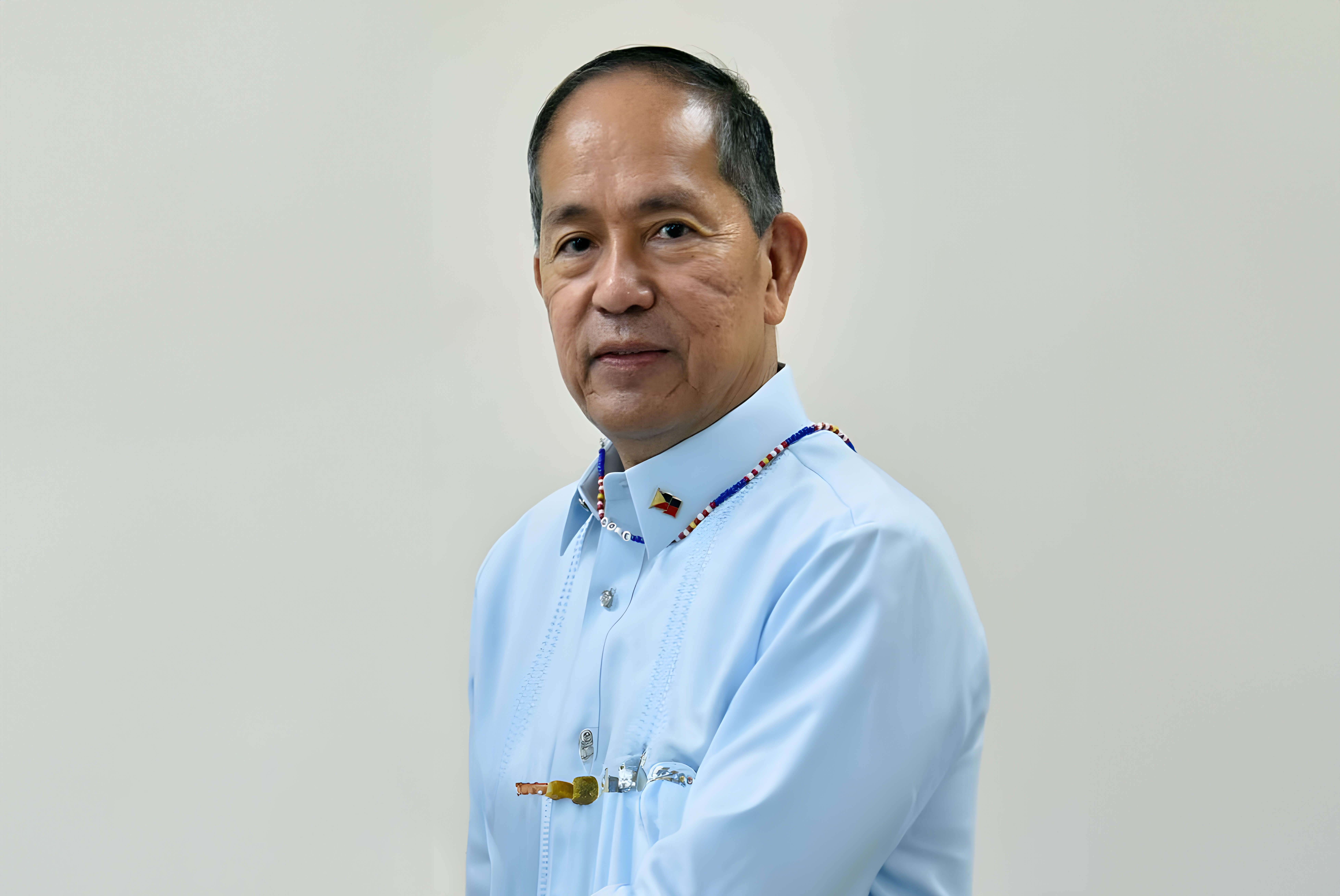



In 2012, Thao Vu started her sustainable fashion brand, Kilomet109, a local label that prides itself on applying traditional methods into contemporary design and localising its supply chain. She aimed to set an example for other companies to follow.
Kilomet109 is the only label to grow its own textiles in collaboration with local artisans from various ethnic minority groups across Viet Nam. The company is involved in the whole production process from beginning to end.
Thao has been collaborating with other designers and researchers around the globe to promote sustainable methods of natural dyeing and textile production. She has received two British Council Connecting Through Culture grants, which has allowed her and her local artisans to engage in cultural exchange and capacity-building activities.
“Growing up as a child in the 80s and 90s in the rural area of Viet Nam, I became very thoughtful and economical about everything that we use in life. I grew up with artisans around me. My grandma used to weave fishnets and baskets, while my mom knitted our sweaters and hand-sewed our clothes. Everything was very self-sufficient. It cultivated my appreciation for traditional crafts, my understanding of how things work, and my appreciation of their beauty.
“After working with the Nung An ethnic minority group, I realised that the idea of building a label that works with local artisans is not enough. There are so many things that I did not initially envision when creating my label. It brings me to another level of creativity and responsibility—the responsibility to preserve their tradition and culture, financially empower the women in the community, as well as raise awareness about the environmental impact that fashion could cause.
“To be able to protect the tradition, we must change, update, and evolve it to make it relatable and relevant to our time. By doing that, we can also encourage the new generation of designers and creators to go back and learn about their ancestors, culture, and tradition, and to apply a more modern approach to traditional ways. This would add more value to the tradition that we already have, allowing each generation to add their own layer.
“I want to demonstrate a new perspective on fashion sustainability. I want to bring a new way of looking into tradition and show that creativity, contemporary fashion, and traditional fashion can coexist. The work that I have been building is very local-focused, produced by women artisans from the local communities, engaged in an artistic collaboration where we inspire each other. This is what shapes the design philosophy of Kilomet109.
“The past two years have been very hard for us. Our shop shut down and people can’t travel. My business was badly hurt but we still have online sales and support from our loyal customers who reach out to us and buy new pieces. Due to the pandemic, people are thinking twice about everything, including when consuming and buying new things. They support labels that have more values and we are part of that spectrum. It’s a good sign for us to believe in what we are doing. Physical business is bad but for digital business, it is growing.
“I want to design fashion that has stories. We want the people wearing our clothes to know how the garment was made and who were involved in the production process. This creates a bridge for people to learn about their tradition and culture.
“I really wish to have a stronger connection with the creative community in Southeast Asia. It would be great if ASEAN could provide us with more platforms to connect and collaborate. Having more symposiums and networking opportunities, not only in textiles but also in design and other topics related to sustainability, would allow us to stay connected and to work together, not only among designers but also among artisans in Southeast Asian countries.”








